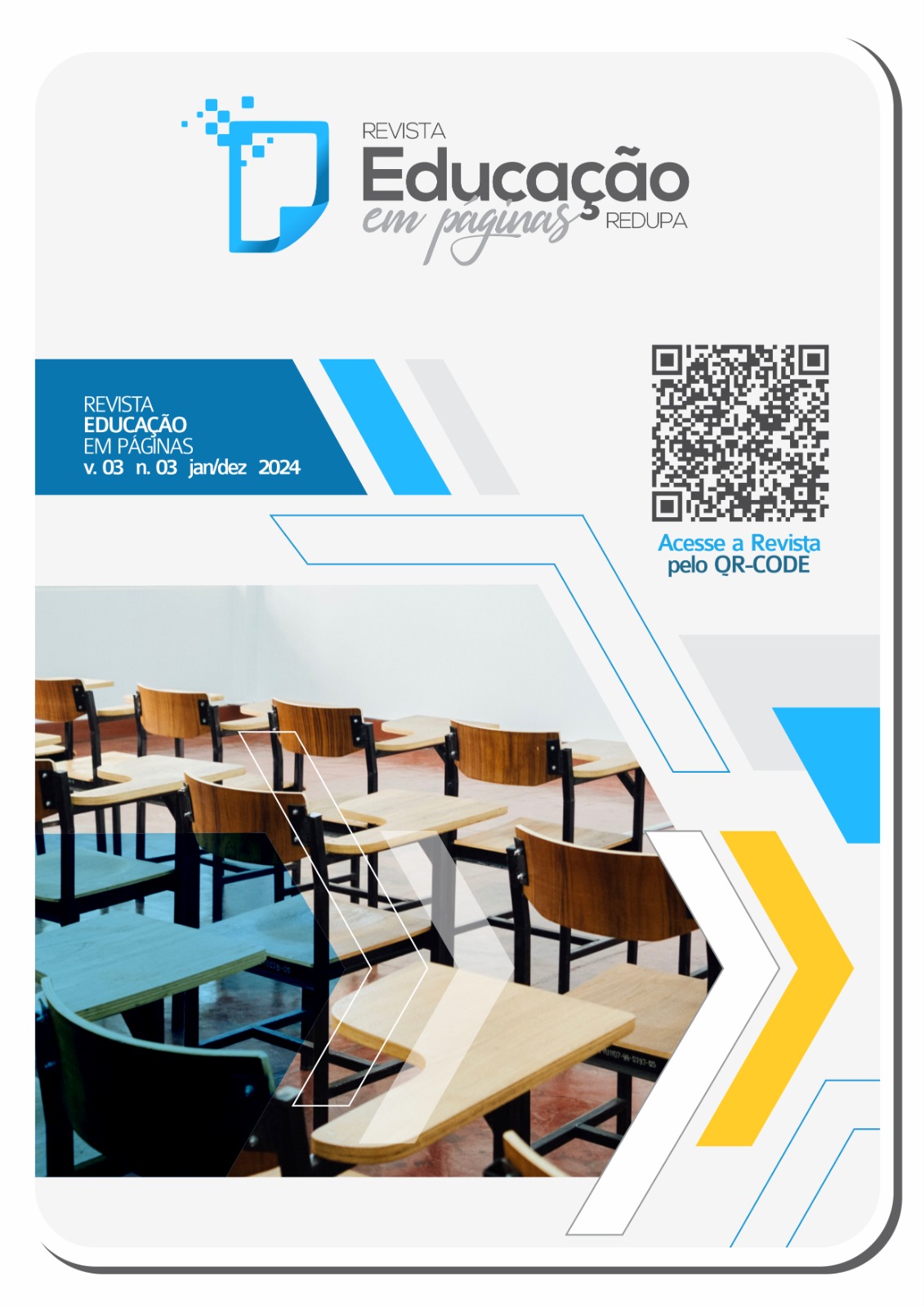Can the Subaltern(ized) Research?
DOI:
https://doi.org/10.22481/redupa.v3.15043Resumo
Reframing and expanding Spivak's significant contribution to decolonial critique, I present some reflections on the experience of being a researcher on the periphery of the world. Here, I appeal to the understanding of subjectivity as a basis to learn about experiences that have been silenced and erased by perspectives of knowledge limited to the spectrum of colonial formality that underpins our universities and our research and researchers. I outline a development path for the text that is organized into three topics: (1) Experiences from the Global Periphery, (2) Decoloniality and Research: Between Ideal and Real, and (3) So that the Subalternized can research. In summary, it is possible to affirm, based on the theories and concepts discussed in this text, that the relationship between (de)coloniality and research is complex and full of symbolic violence, or the so-called epistemicide, and the need to overcome it. The colonial structure of Western universities, both in the periphery and in the center, prevents popular and marginalized epistemologies from being known and debated, alienating researchers and their research and carrying elements that perpetuate the coloniality of knowledge and being.
Downloads
Downloads
Publicado
Edição
Seção
Licença

Este trabalho está licenciado sob uma licença Creative Commons Attribution 4.0 International License.












